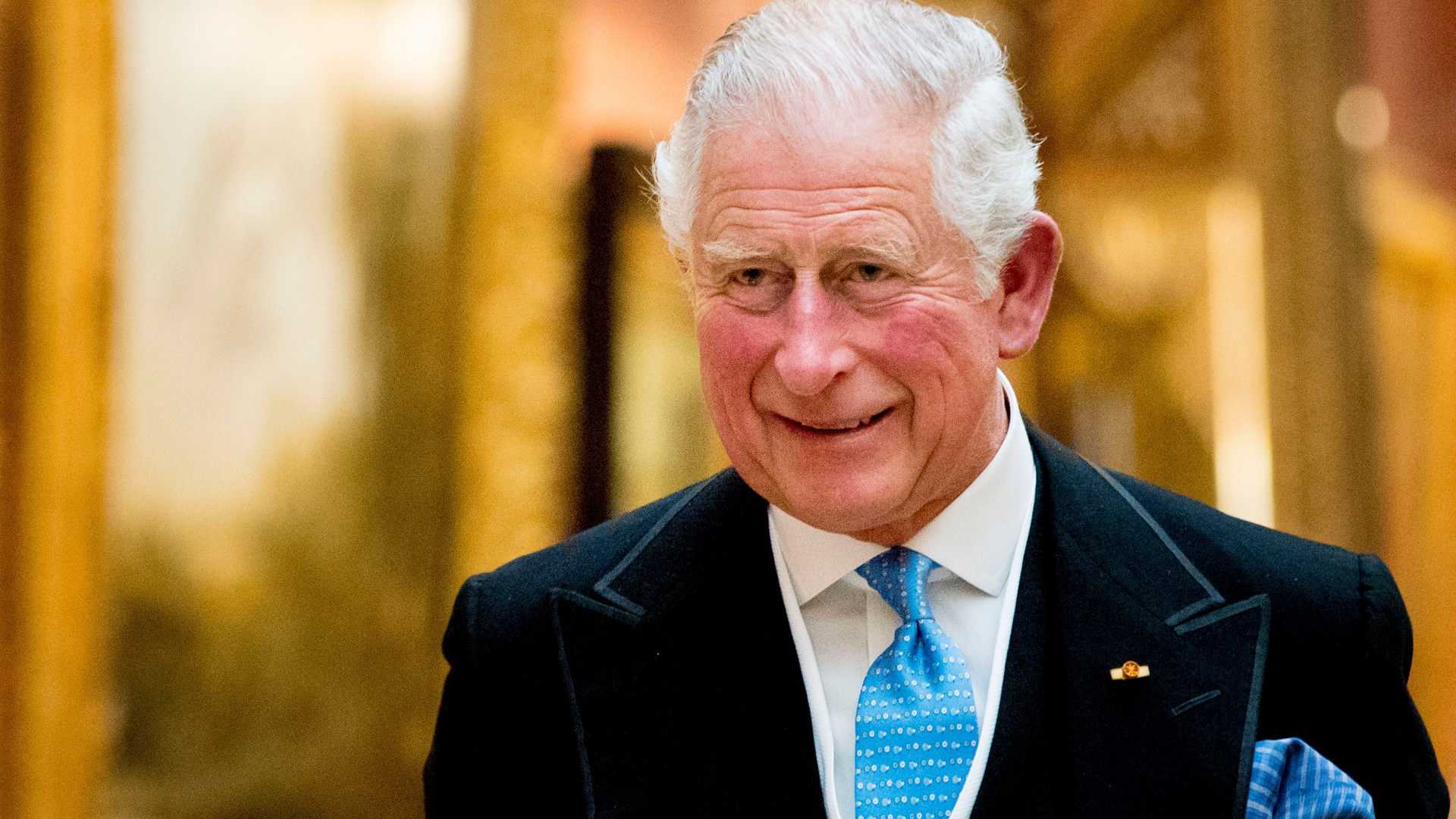King Charles III delivered his first speech in 72 years, marking the beginning of the parliamentary year in Britain. In the speech, he announced the British government’s plans, which included the development of new gas and oil fields in the North Sea. This announcement may have conflicted with Charles’s known support for the fight against climate change.
Charles acknowledged that it was easier for Britain to accelerate its journey towards climate neutrality compared to other countries. He emphasized that the new oil fields were intended to reduce the country’s dependence on “hostile powers.” Additionally, the speech covered plans related to combating inflation, providing humanitarian aid to Gaza, promoting a smoke-free generation, and introducing new legislation for self-driving cars.
The annual royal speech is steeped in tradition and serves as a platform for outlining the government’s plans. While King Charles delivered the speech, it was penned by Prime Minister Rishi Sunak. This marked Charles’s first speech since ascending to the throne after his mother, Queen Elizabeth, making it the first “King’s Speech” since 1951, rather than a “Queen’s Speech.” In the previous year, Charles addressed Parliament from the golden throne but did so as a substitute for his mother.
The King’s Speech is a highly traditional event, featuring centuries-old customs, colorful uniforms, and symbolic objects. The king dons his crown and a meter-long coat with a hemline collar, while members of the House of Lords, regardless of nobility, are clad in red cloaks, with some even wearing wigs.
This year’s event marked a return to its full splendor after being scaled down in recent years due to the pandemic and Queen Elizabeth’s declining health. Despite past efforts to modernize the ceremony, tradition has prevailed, as demonstrated by Charles’s adherence to all the ceremonial practices, as seen in his recent coronation earlier this year.

